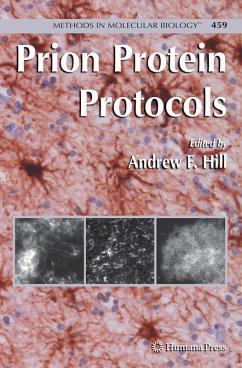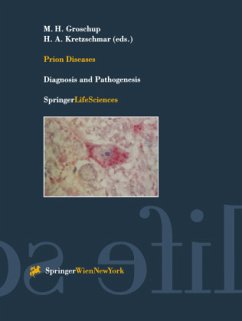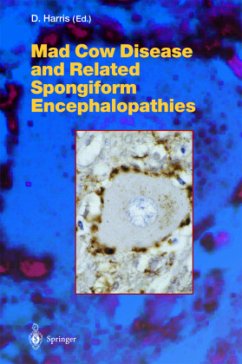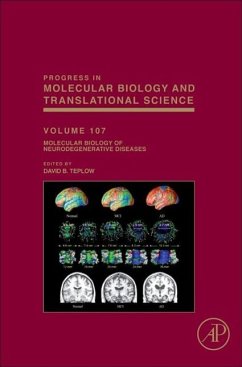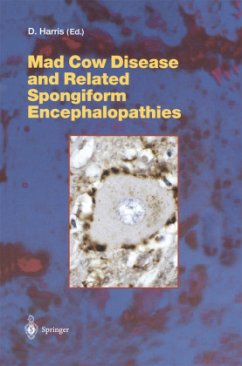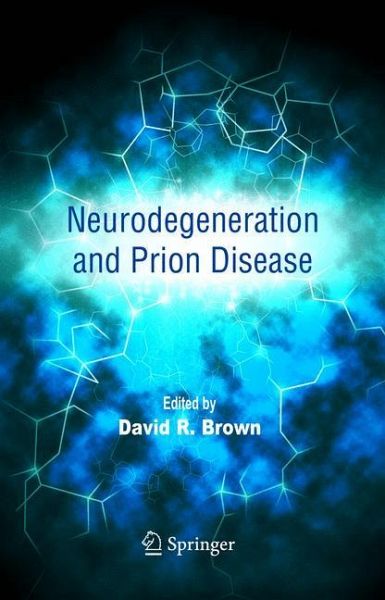
Neurodegeneration and Prion Disease
Versandkostenfrei!
Sofort lieferbar
115,99 €
inkl. MwSt.

PAYBACK Punkte
58 °P sammeln!
This volume provides an in-depth overview from world experts on prion disease. These fatal diseases include Creutzfeldt-Jakob disease, chronic wasting disease in deer, scrapie of sheep, bovine spongiform encephalopathy (mad cow's disease) of cattle and related diseases. Understanding what causes neuronal death in these diseases is essential to both preventing and curing them. The most recent advances in understanding neuronal death in prion diseases are presented. Prion diseases serve as an experimental model for all neurodegenerative conditions. This book will provide understanding of neurodegeneration and provide an up-to-date record of the state of the art for other specialists and non-specialists in related fields.
This is the first and only book on the subject of prions to cover the cause of cell death in the disease. It covers the full range of competing theories on the subject, from broad description and basic points up to the final details of the basic science.





